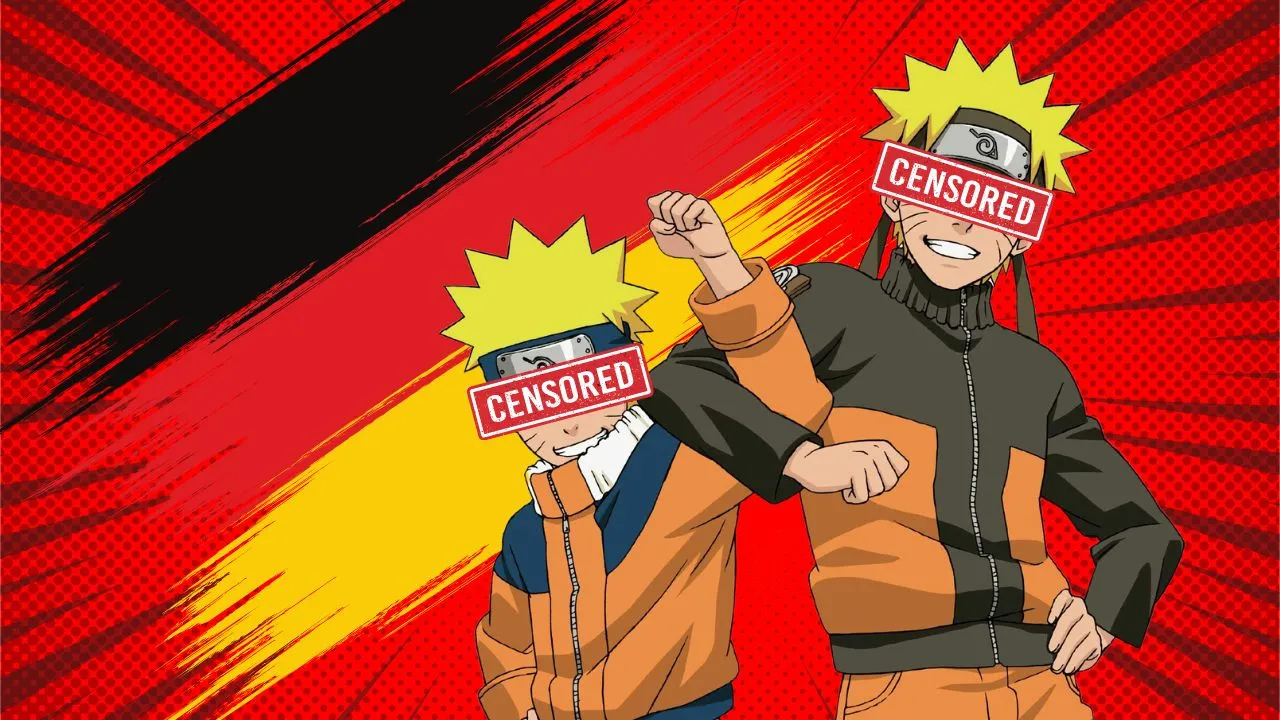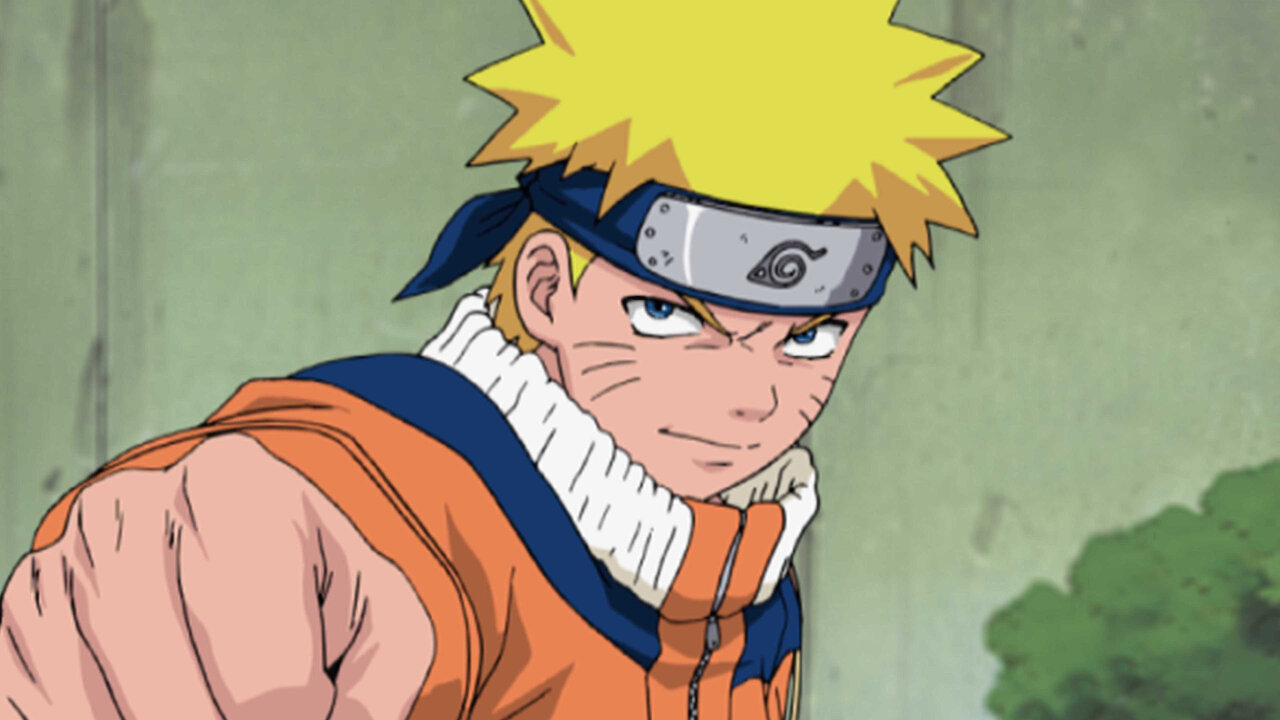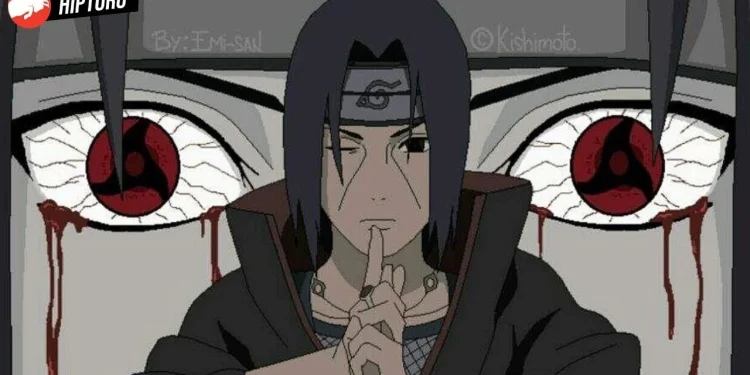Itachi Uchiha, firstborn to the Uchiha clan leader, was not just any ordinary ninja. Touted as a prodigy, his brilliance outshone most of his contemporaries. Recognized as the best of his generation, his early life was marred by the terrors of the Third Shinobi World War. It was this very war that molded his pacifist beliefs, fuelling his ambition to become an unmatched ninja, with the dream of eradicating conflicts from the world. His unparalleled skills saw him ascending the ranks swiftly, becoming the Anbu captain at the tender age of 11. But, this prodigious rise was eclipsed by a horrific act just two years later – the massacre of his entire clan, except his younger brother Sasuke.
Behind the Uchiha Massacre

The Uchiha clan’s history is intertwined with suspicions, largely fueled by Madara Uchiha’s revolt against the Leaf Village. This distrust only deepened following the nine-tailed fox Kurama’s attack. With fears escalating, the village elders cornered the Uchihas to the village’s periphery, sowing the seeds of discontent among them.
Fugaku, Itachi’s father and the clan head, saw a solution in espionage. Itachi was inducted into the Anbu black ops, serving dual roles: one for his father, spying on the village, and the other as a village spy, under Danzo Shimura, to keep tabs on his clan. However, with time, a rift grew, as the Uchihas planned a coup, which Danzo saw as a precursor to another war.
Danzo’s manipulations, combined with his theft of Shisui Uchiha’s eye, clouded Itachi’s judgments. Operating under the heavy weight of trauma and a strong sense of duty, Itachi was convinced that only a bloodbath could avert an impending Shiboi war.
And so, under Danzo’s influence, Itachi committed the unthinkable, hoping his drastic measures would bring about peace.
Sasuke’s Odyssey and the Uchiha Legacy
By sparing Sasuke from the massacre, Itachi unintentionally set his younger brother on a path of vengeance. This singular act not only defined Sasuke’s future but also deeply impacted Naruto Uzumaki, the series’ protagonist. The quest for revenge became Sasuke’s sole focus, and Naruto’s mission became bringing Sasuke back to the village. Their respective journeys honed them into two of Konoha’s most formidable Shinobi.
Naruto fillers be having better choreographed fights than most anime nowadayspic.twitter.com/yXry3pNlC9
— Nevis (@NevisX0) October 16, 2023
Sasuke’s multiple attempts to kill Itachi culminated in a face-off, where he emerged victorious, only to later learn the real motivations behind Itachi’s actions.
Itachi’s sacrifices indirectly enabled Sasuke and Naruto to combat and defeat the formidable duo of Madara and Obito, saving the Shinobi world from the threat of the infinite Tsukuyomi.
Itachi’s Silent Suffering

While many believe that Sasuke’s prowess was what finally vanquished Itachi, the truth is more poignant. Itachi’s life was a tapestry of burdens, expectations, and double-crosses. This enigmatic character was perpetually torn between his love for his family and his duty as a loyal Leaf ninja. Each act of betrayal, especially the massacre, chipped away at his psyche.
Over time, Itachi’s emotional turmoil manifested as a psychosomatic illness, silently gnawing at his health. His decline wasn’t a plot device, but a result of immense internal conflict and guilt.
Even in his final moments, Itachi chose to shield Sasuke from his agonizing truth. Opting for his sibling to view him as a cold-blooded murderer, rather than witness the vulnerable, torn soul beneath the façade.
His passing in Naruto Shippuden encapsulated the tragic tale of a prodigy plagued by circumstances and tough choices.
In the end, Itachi’s story is a haunting reminder of the sacrifices made in the name of duty and the heartbreaking consequences they entail. It serves as a testament to the intricate narratives and character arcs that have made the Naruto series a global phenomenon.










